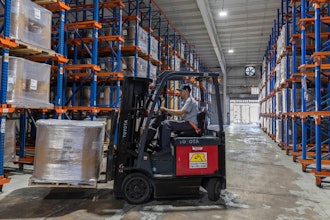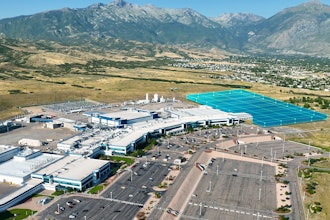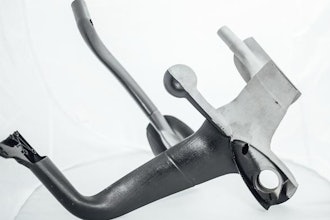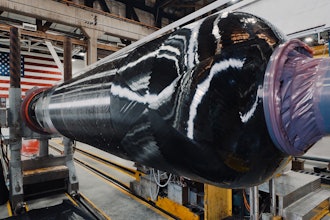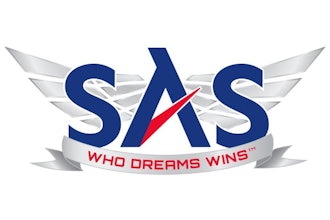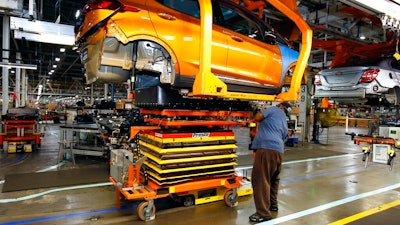
LANSING, Mich. (AP) — The Michigan Senate on Thursday quickly endorsed bills that would boost job-creation and expansion incentives offered to businesses, amid efforts to land unspecified major projects in the auto industry as it shifts to greener technology.
The 27-10 votes came a day after the House approved identical legislation. Final action will not occur until next week due to legislative rules and because lawmakers are discussing how much funding to put into the newly proposed Strategic Outreach and Attraction Reserve Fund.
The measures, backed by Democratic Gov. Gretchen Whitmer as a “once-in-a-lifetime opportunity to expand our economic development toolkit,” could give legislators more involvement in deals. That is because they would control when money is transferred from the account into new site readiness and critical industry funds, from which the state's economic development board could disburse incentives to companies.
The fast-tracked measures came less than three months after Dearborn-based automaker Ford announced plans to build three electric-vehicle battery factories and an auto assembly plant in Kentucky and Tennessee, creating an estimated 10,800 jobs.
Sen. Curt VanderWall, a Ludington Republican sponsoring one of the bills, said Detroit-based General Motors is eyeing some expansions.
The legislation “allows us to negotiate and make sure that we take care of Michigan businesses ... the ones that we want to keep here and not leave our area,” he said. “It's extremely important right now that we give Michigan the tools to be able to compete for those jobs and those businesses.”
GM CEO Mary Barra gave a strong hint Thursday that Michigan may get an electric vehicle battery factory. When asked during an appearance at the Automotive Press Association if Michigan has a chance to get a plant, she said discussions with the state are ongoing.
"In the not-too-distant future, we’ll be able to answer that question,” Barra said in Detroit, adding that an announcement would likely come in weeks, not months.
GM has plans to build four North American battery factories. Locations of two have been announced, in Ohio and Tennessee. Building a Michigan plant would make sense because the company has plans for at least two electric vehicle assembly factories in the state.
Ford's announcement caught legislators off guard and “probably tipped the scales” to persuade them to do something two years after allowing a 2017 tax incentives program geared at large-scale business expansions to expire, VanderWall said.
“We're actually going to have sites that are shovel-ready,” he said, so businesses “can be up and running in a much quicker time than what we have currently.”
Seven of 21 Republicans and three of 16 Democrats voted against the bills in the GOP-led chamber, with one member absent. They said corporate subsidies leave less to spend on other government priorities.
“How is it morally fair to collect taxes from the thousands of businesses paying into the state treasury only to pay that same money out to larger businesses or even others that may be in fact a direct competitor to an existing business in our state?” said Sen. Tom Barrett, a Charlotte Republican.
Supporters say the legislation has detailed criteria that the Michigan Strategic Fund board would have to consider and document before approving a grant, a loan, financing or other assistance for site development and business investment. Lawmakers would be notified of proposed changes and actual modifications to a written agreement.
The House and Senate budget committees would have to approve transfers from a main fund, known as SOAR and overseen by the state Department of Labor and Economic Opportunity, before the Michigan Strategic Site Readiness Fund and the Critical Industry Fund could be tapped for deals.
“This really does give the Legislature a credible voice in these processes so we have an understanding of the macro, we have some information about some of the emerging opportunities for the state and we can keep Michigan as the place where things are made,” said Rep. Ben Frederick, an Owosso Republican.










